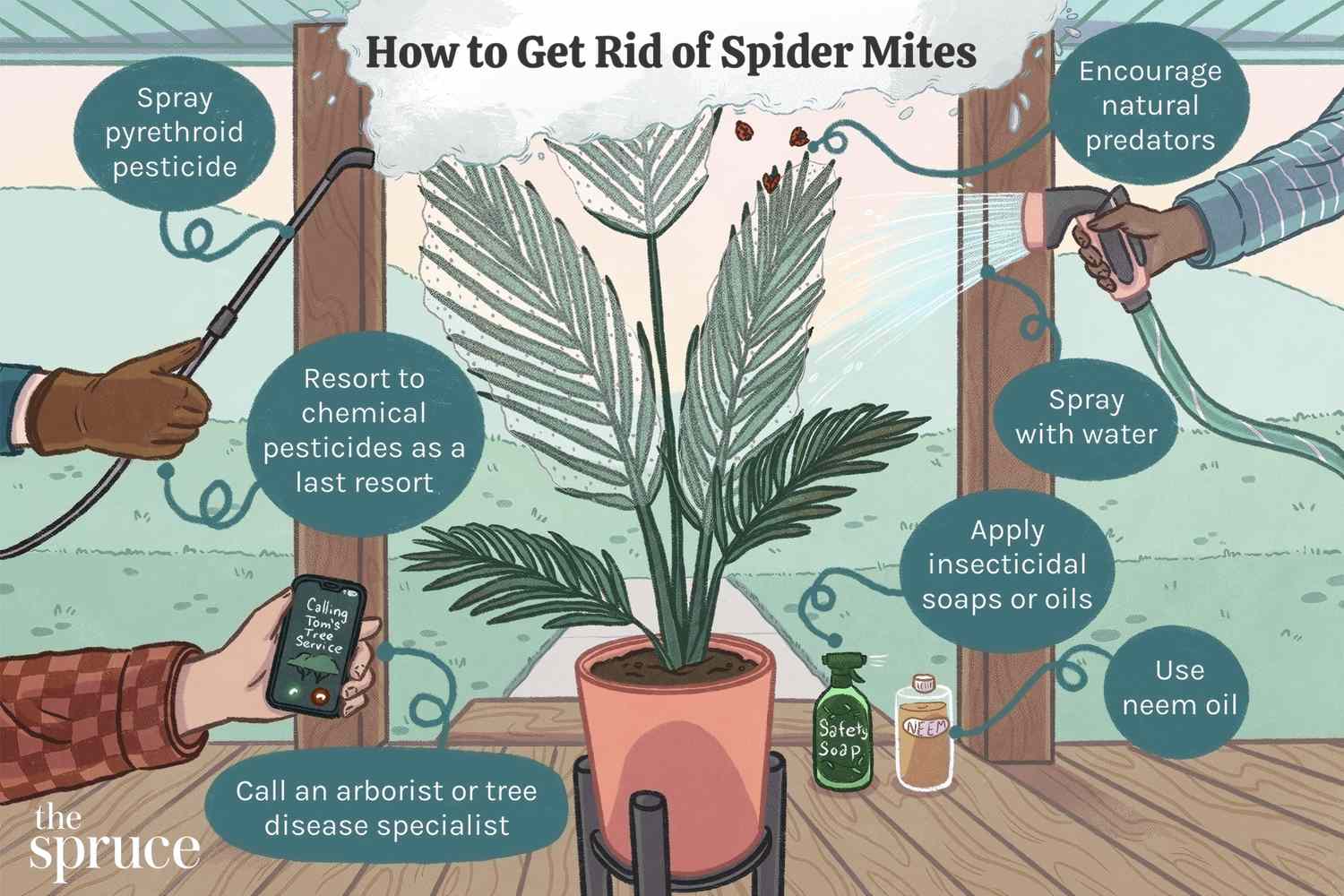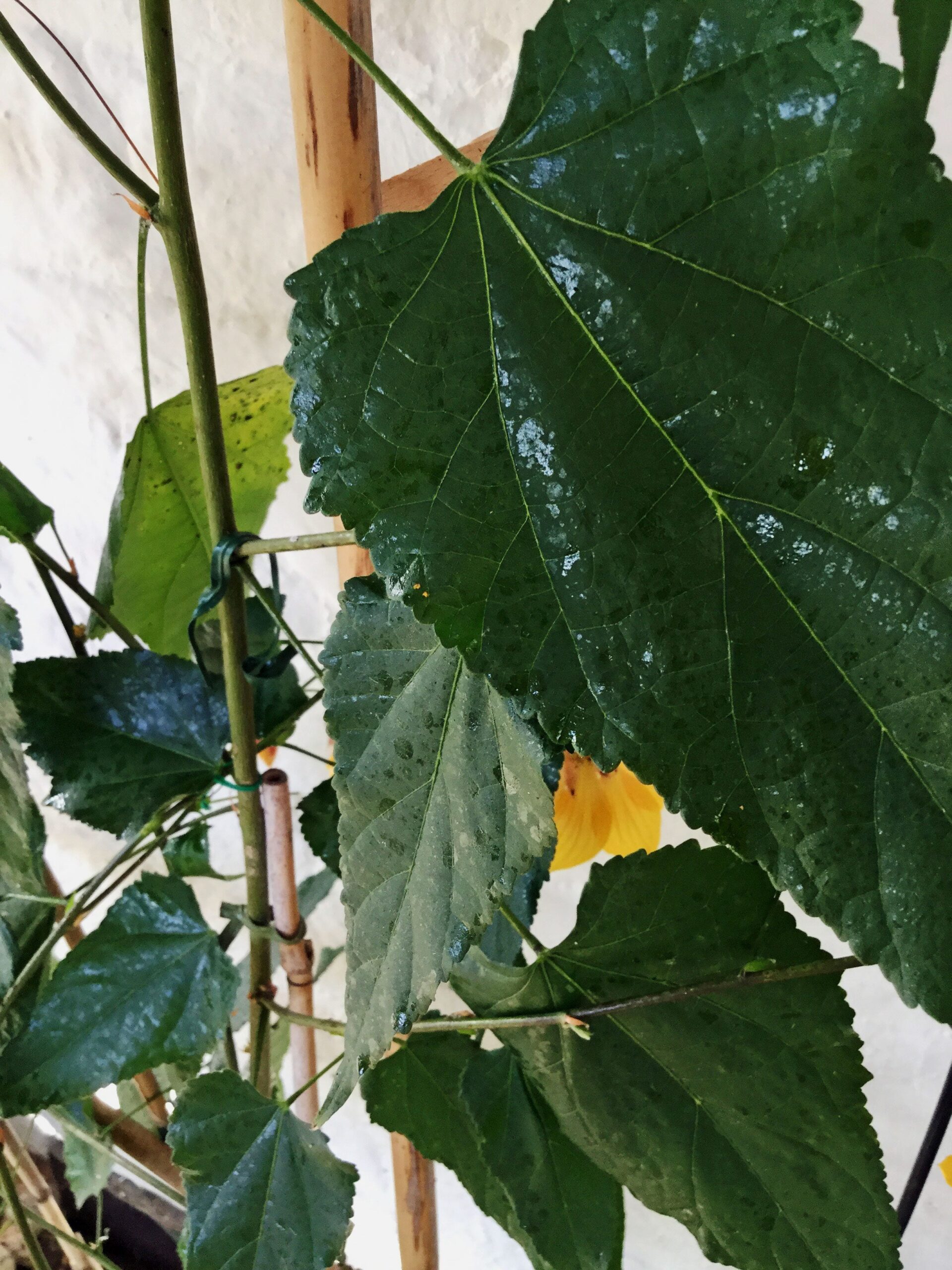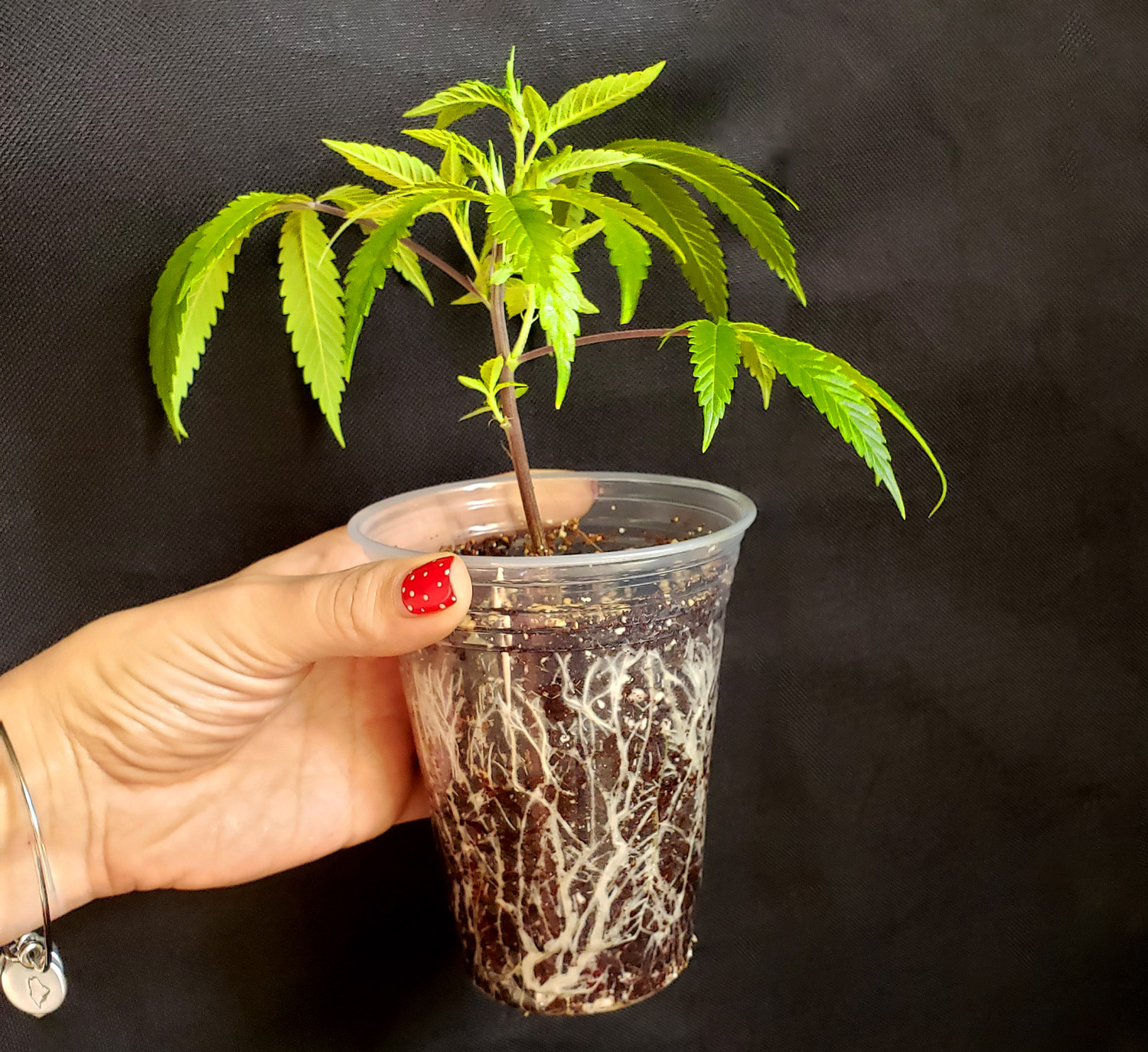How to Prevent Spider Mites on Plants
Spider mites are tiny pests that can wreak havoc on your plants if left unchecked. They are known to infest a wide variety of plants, including houseplants, vegetables, and fruits. These pesky little creatures feed on the sap of plants, which can lead to wilting, yellowing leaves, and even plant death. Fortunately, there are steps you can take to prevent spider mites from invading your beloved plants.
1. Keep Your Plants Healthy
One of the best ways to prevent spider mites from infesting your plants is to keep them healthy and strong. Regularly watering your plants, providing adequate sunlight, and feeding them with the right nutrients can help boost their immune systems and make them less susceptible to infestations.
2. Increase Humidity
Spider mites thrive in dry conditions, so increasing the humidity around your plants can help deter them. You can mist your plants regularly, place a humidifier nearby, or even group your plants together to create a microclimate with higher humidity levels.
3. Inspect Your Plants Regularly
Regularly inspecting your plants for signs of spider mites is crucial for early detection and prevention. Keep an eye out for small webbing, yellowing leaves, stippling, or tiny moving dots on the leaves. If you spot any of these signs, isolate the affected plant immediately to prevent the infestation from spreading.
4. Use Neem Oil
Neem oil is a natural insecticide that can help control spider mite infestations. Dilute neem oil with water and spray it onto the leaves of your plants, focusing on the undersides where spider mites tend to hide. Repeat this treatment every few days until the infestation is under control.
5. Introduce Beneficial Insects
Introducing beneficial insects, such as ladybugs and predatory mites, can help keep spider mite populations in check. These natural predators feed on spider mites and can help reduce their numbers without the need for harmful chemicals.
6. Prune Infested Plants
If you notice a plant is heavily infested with spider mites, it may be best to prune away the affected parts. This can help prevent the infestation from spreading to other plants and give the remaining parts of the plant a better chance at recovery.
7. Quarantine New Plants
Before introducing a new plant to your indoor or outdoor garden, be sure to quarantine it for a few weeks. This will help prevent any potential spider mite infestations from spreading to your other plants. Inspect the new plant regularly during this period to catch any signs of pest activity early on.
8. Clean Your Plant’s Environment
Keeping your plant’s environment clean can help prevent spider mites from taking hold. Remove any dead leaves or debris from around your plants, as these can provide hiding spots for spider mites. Regularly dusting your plants can also help keep spider mites at bay.
Conclusion
Preventing spider mites from infesting your plants requires diligence and regular maintenance. By keeping your plants healthy, increasing humidity, inspecting them regularly, using neem oil, introducing beneficial insects, pruning infested plants, quarantining new plants, and keeping their environment clean, you can help protect your plants from these pesky pests. Remember, early detection and prevention are key to keeping spider mites at bay and ensuring the health and beauty of your beloved plants.



